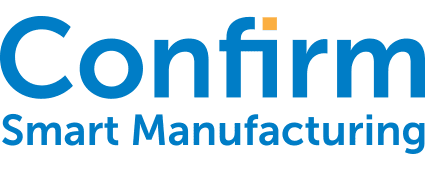Revolutionizing Industry 4.0: The Role of IoT in Transforming Smart Factories in Ireland
The Internet of Things (IoT) is a rapidly growing technology that has the potential to revolutionize the way we live and work. One of the most promising areas for IoT implementation is in the realm of industrial environments, also known as Industry 4.0. Smart factories, in particular, are poised to greatly benefit from the integration of IoT technologies.
A smart factory, also known as a “digital factory” or “Industry 4.0”, is a facility that utilizes advanced technologies such as IoT, artificial intelligence (AI), and cloud computing to improve efficiency, productivity, and flexibility. By connecting machines, devices, and systems to the internet, smart factories can enable real-time monitoring and control, as well as the ability to analyze vast amounts of data to improve decision making.
One of the primary benefits of IoT in smart factories is the ability to optimize production processes. By monitoring and analyzing data from various machines and devices, manufacturers can gain insight into areas where production can be improved. For example, IoT sensors can detect when a machine is starting to wear down, and trigger preventative maintenance before it fails. This not only reduces downtime, but also extends the life of the machine. Additionally, IoT sensors can be used to monitor the quality of products being produced, and make adjustments to the manufacturing process in real-time to ensure that products meet quality standards.
Another key advantage of IoT in smart factories is the ability to improve supply chain management. By connecting suppliers, manufacturers, and logistics companies through IoT technologies, they can share real-time data on production and shipping schedules, inventory levels, and more. This allows for better coordination and planning, resulting in more efficient and cost-effective supply chain operations.

In Ireland, a number of companies have already begun to implement IoT technologies in their factories. One example is Irish dairy giant Glanbia, who has implemented IoT sensors throughout their production process to monitor the temperature and quality of milk as it is processed. This allows them to quickly identify and address any issues, ensuring that their products meet the highest quality standards.
Another example of an Irish company utilizing IoT in their factory operations is the medical device manufacturer Medtronic. They have implemented IoT-enabled machines and devices in their manufacturing process to improve efficiency, reduce downtime, and improve the quality of their products. This has resulted in significant cost savings and an increase in production output.
These examples highlight the potential of IoT in smart factories and Industry 4.0. By leveraging the power of IoT technologies, manufacturers can improve efficiency, productivity, and flexibility, while also reducing costs. As the technology continues to evolve and become more widely adopted, it is likely that we will see even more companies in Ireland and around the world embrace the advantages of Industry 4.0 and IoT to stay ahead of the competition and meet the needs of the market.
Additionally, the work at CONFIRM center (https://confirm.ie/) at the University of Limerick is playing a vital role in promoting and supporting the implementation of IoT and Industry 4.0 in Ireland. The center is a leading research center in Ireland that focuses on the development of advanced manufacturing technologies, including IoT, robotics, and artificial intelligence. It works closely with industry partners to develop new technologies and methods that can be applied in real-world manufacturing environments.
As the technology continues to evolve and become more widely adopted, it is likely that we will see even more companies in Ireland and around the world embrace the advantages of Industry 4.0 and IoT to stay ahead of the competition and meet the needs of the market. Ireland is well-positioned to become a leader in the development and implementation of IoT technologies in smart factories.
In conclusion, IoT is a powerful technology that has the potential to revolutionize the way we live and work. Smart factories, in particular, are poised to greatly benefit from the integration of IoT technologies. By leveraging the power of IoT technologies, manufacturers can improve efficiency, productivity, and flexibility, while also reducing costs.
About the Author: Muhammad Farhan Khan is a Doctoral Researcher under the supervision of Professor Dr. Dirk Pesch and Professor Cormac J. Sreenan, at the School of Computer Science & IT, University College Cork – National University of Ireland and CONFIRM SFI Smart Manufacturing Research Centre, Ireland.








